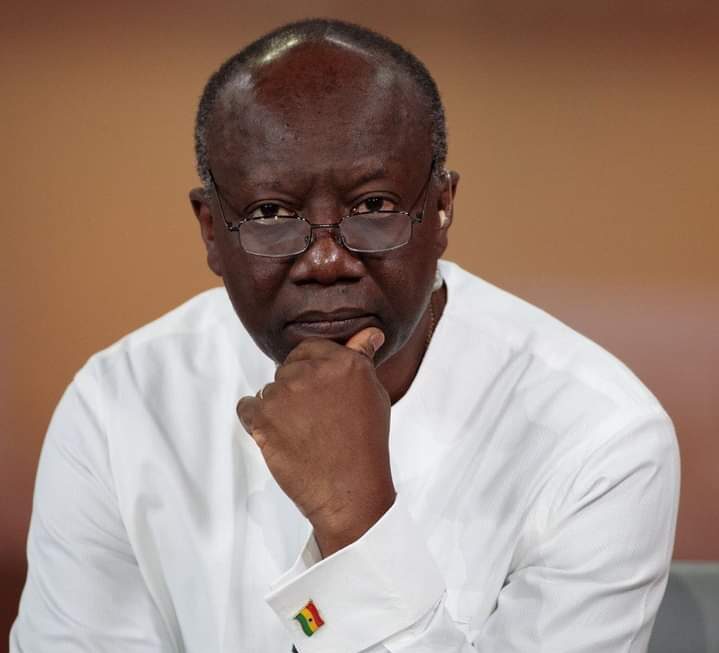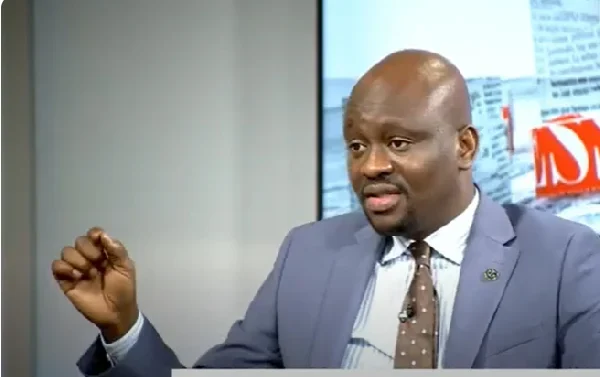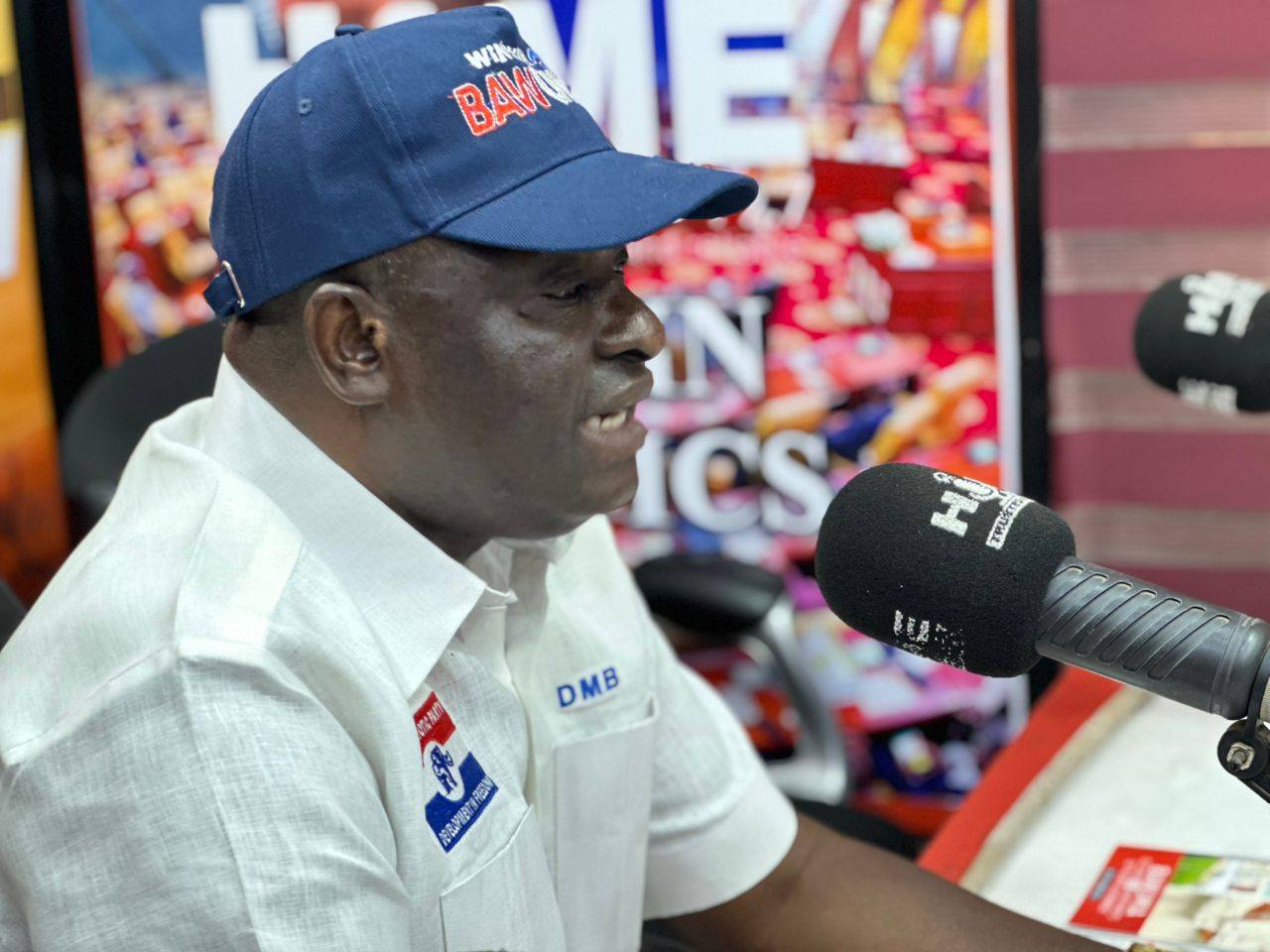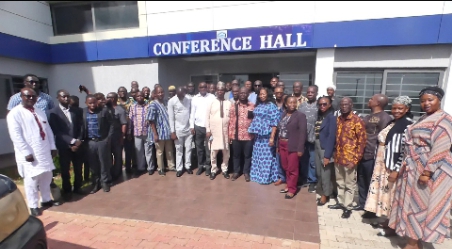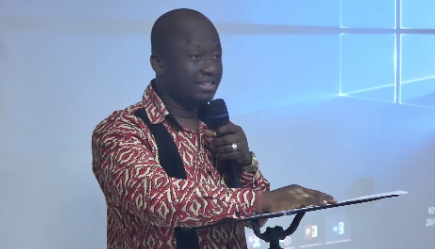
Minister for Transport, Kwaku Ofori Asiamah has said, as the world moves away from fossil-fueled vehicles to electric vehicles, it is necessary that Ghana moves with the times to ensure that our country does not become a convenient dumping ground for used fossil-fueled vehicles.
The Minister who was represented by his Deputy Transport Minister Hon. Frederick Obeng Adom made the pronouncement during a stakeholder consultative forum on Electric Vehicle Policy in Bolgatanga the Upper East Regional capital on Tuesday, June 20, 2023.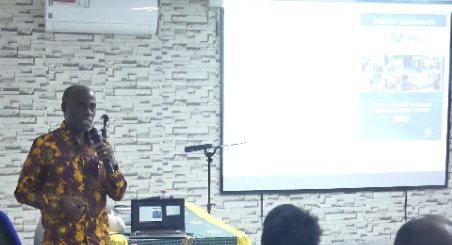
The exercise is being undertaken in collaboration with the Ministry of Energy and the Ministry of Finance with support from the Public Sector Reform for Results Project (PSRRP).
According to Transport Minister, “It is undeniable that the transport sector plays a crucial role in the smooth functioning of our economy and is essential in promoting social cohesion. However, just like the global front, Ghana’s transport sector has become a major source of greenhouse gas emissions. This is mainly due to the use of fossil fuel-based vehicles i.e., petrol- and diesel-powered vehicles”. He stressed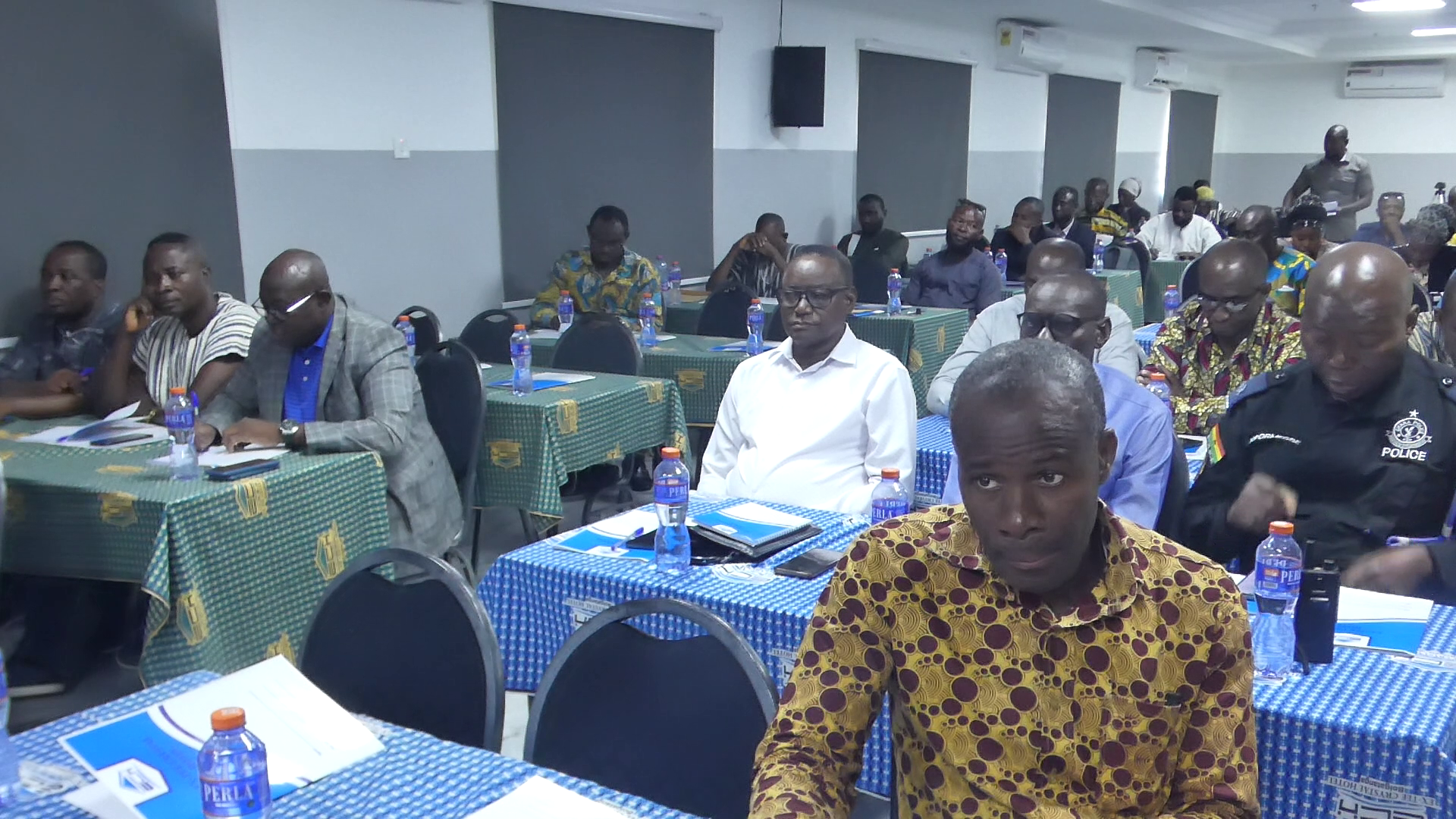
According to data provided by the DVLA, as of 2022, there were about 3.2 million registered vehicles in our country. Out of these, 72 percent are powered by petrol engines, 27 percent by diesel engines, and less than 1 percent by LPG and other energy sources. The high dependency on fossil fuels, combined with other factors such as traffic congestion, has resulted in the transport sector becoming a net emitter of Greenhouse Gases (GHG).
“The experts have said in clear and unambiguous terms, that emissions from vehicles are not only bad for our planet, but they are also bad for our health. Air pollution has been partly blamed for cases of asthma, bronchitis, and premature death. The health impacts of localized air pollution have been studied to last a lifetime, with the effects borne out in asthma attacks, lung damage, and heart conditions. Indeed, the United Nations has warned that if global warming is allowed to rise above 1.5 degrees Celsius, it will have disastrous consequences. This suggests that cutting back on carbon emissions isn’t enough. It is therefore important that, we take the next logical step to put an end to the climate emergency”. He stated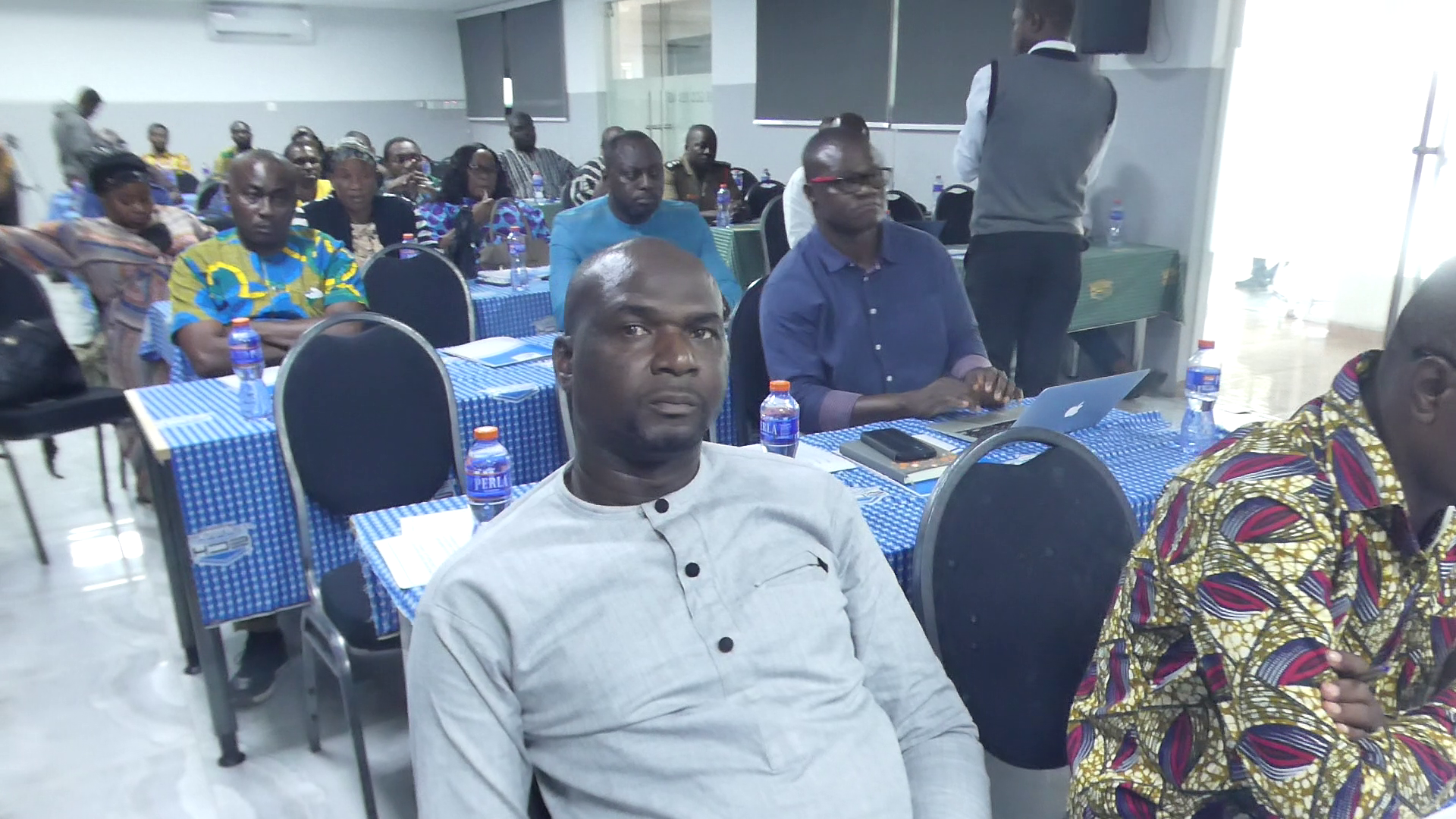
Meanwhile, making reference to some other countries that have taken the lead to end the sale of vehicles powered by fossil fuels, Hon. Asiamah said: “At the moment, countries around the world are taking action to reduce their carbon footprint in response to the Paris Climate Accord. The United Kingdom, for instance, has committed to achieving a net-zero emissions by the year 2050. In addition, Europe is working to halt the production and sale of diesel vehicles by 2030. Norway, which is highly dependent on oil and gas exports, has also committed to ending the sale of vehicles powered by fossil fuels by 2025”.
“It is also important to take advantage of the opportunities that abound in the new development paradigm and that is the transition to a Net-Zero Emission Future”. 
According to Hon Asiamah, it is for these reasons that the Ministry of Transport with support from the Climate Technology Centre Network and the UNEP Copenhagen Centre on Climate Change based in Denmark developed an Electric Mobility framework in June, 2022. The framework consequently gave impetus to the development of a draft National Electric Vehicle Policy to serve as a key input for a comprehensive implementation plan and investment strategy for a smooth transition to electric vehicles.
The National policy development process, calls for extensive consultations to solicit inputs from relevant stakeholders. The first phase of this Consultative process will see the engagement of Stakeholders from Regional Administrations, Ministries, Departments and Agencies, private sector organizations, civil society organizations, and transport operators among others.
During these workshops, the views of participants will be solicited and would be adequately captured in the EV Policy going forward.
The next phase of the consultative process will be Focal Group consultations with key interest groups such as Vehicle Assemblers/ Manufacturers, Transport Operators, Spare Parts Dealers and Garages, the National Council of Persons with Disabilities, Parliamentarians, the Media, and Civil Society Organizations (CSOs). This is to ensure that the views of all transport users are taken on board in the Policy.
Please contact Apexnewsgh.com on email apexnewsgh@gmail.com for your credible news publications. Contact: 0256336062








